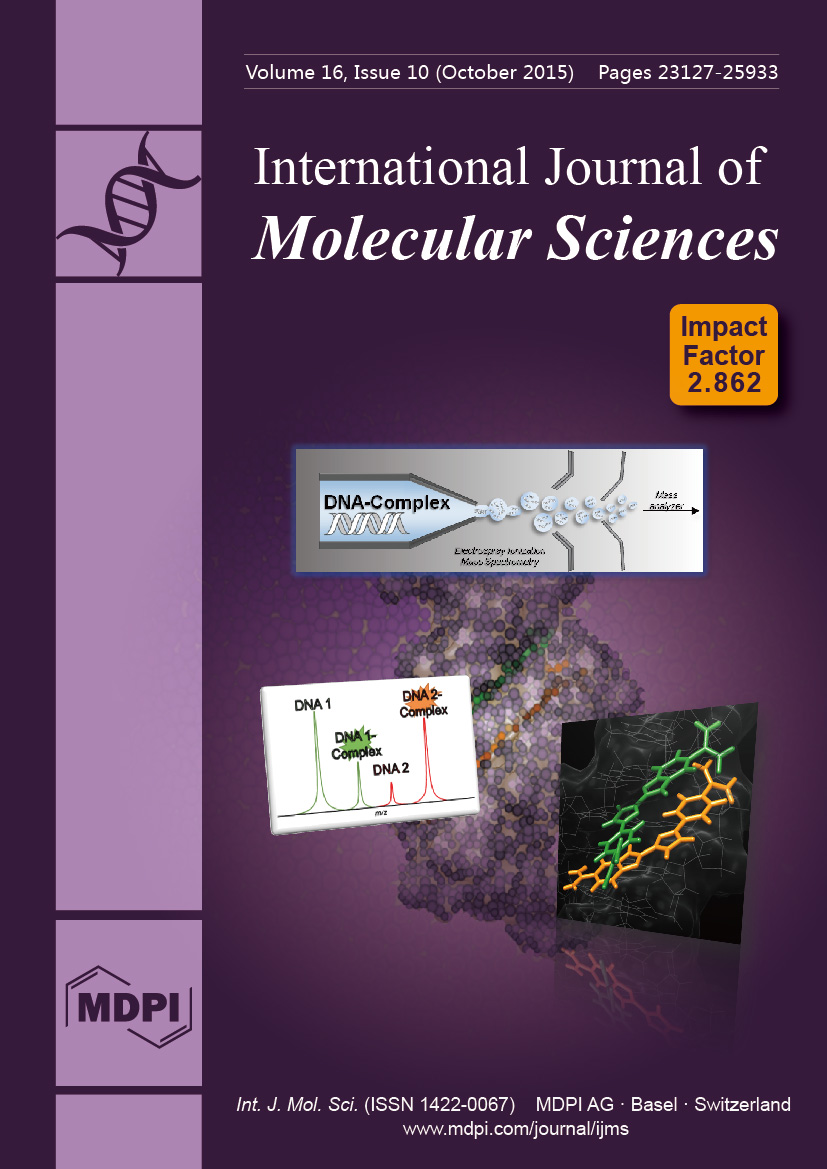1
Graduate Institute of Basic Medical Science, China Medical University, Taichung 40402, Taiwan
2
Department of Biological Science and Technology, China Medical University, Taichung 40402, Taiwan
3
School of Medical Laboratory and Biotechnology, Chung Shan Medical University, Taichung 40201, Taiwan
4
Department of Pathology, Changhua Christian Hospital, Changhua 50006, Taiwan
5
Jen-Teh Junior College of Medicine, Nursing and Management, Miaoli 35664, Taiwan
6
Department of Nursing, Mei Ho University, Pingtung 91201, Taiwan
7
Research and Development Department, GenMont Biotech Incorporation, Tainan 74144, Taiwan
8
Department of Surgery, School of Medicine, College of Medicine, Taipei Medical University, Taipei 11031, Taiwan
9
Department of Biotechnology, Bharathiar University, Coimbatore 641046, India
10
Graduate Institute of Chinese Medical Science, China Medical University, Taichung 40402, Taiwan
11
Department of Health and Nutrition Biotechnology, Asia University, Taichung 41354, Taiwan
add
Show full affiliation list
remove
Hide full affiliation list
Abstract
Obesity is one of the major risk factors for nonalcoholic fatty liver disease (NAFLD), and NAFLD is highly associated with an increased risk of cardiovascular disease (CVD). Scholars have suggested that certain probiotics may significantly impact cardiovascular health, particularly certain Lactobacillus species, such
[...] Read more.
Obesity is one of the major risk factors for nonalcoholic fatty liver disease (NAFLD), and NAFLD is highly associated with an increased risk of cardiovascular disease (CVD). Scholars have suggested that certain probiotics may significantly impact cardiovascular health, particularly certain Lactobacillus species, such as
Lactobacillus reuteri GMNL-263 (Lr263) probiotics, which have been shown to reduce obesity and arteriosclerosis
in vivo. In the present study, we examined the potential of heat-killed bacteria to attenuate high fat diet (HFD)-induced hepatic and cardiac damages and the possible underlying mechanism of the positive effects of heat-killed Lr263 oral supplements. Heat-killed Lr263 treatments (625 and 3125 mg/kg-hamster/day) were provided as a daily supplement by oral gavage to HFD-fed hamsters for eight weeks. The results show that heat-killed Lr263 treatments reduce fatty liver syndrome. Moreover, heat-killed
Lactobacillus reuteri GMNL-263 supplementation in HFD hamsters also reduced fibrosis in the liver and heart by reducing transforming growth factor β (TGF-β) expression levels. In conclusion, heat-killed
Lr263 can reduce lipid metabolic stress in HFD hamsters and decrease the risk of fatty liver and cardiovascular disease.
Full article






